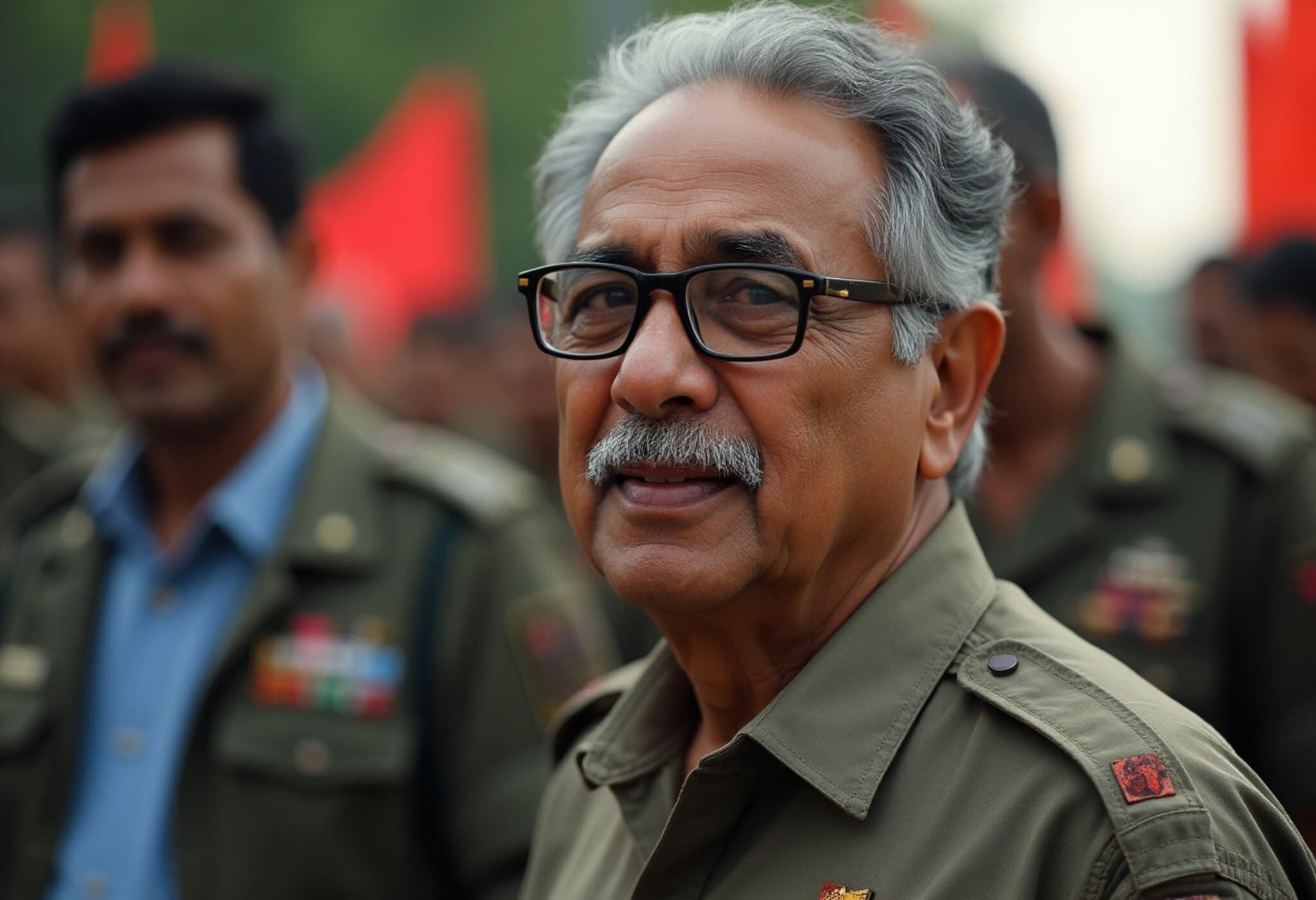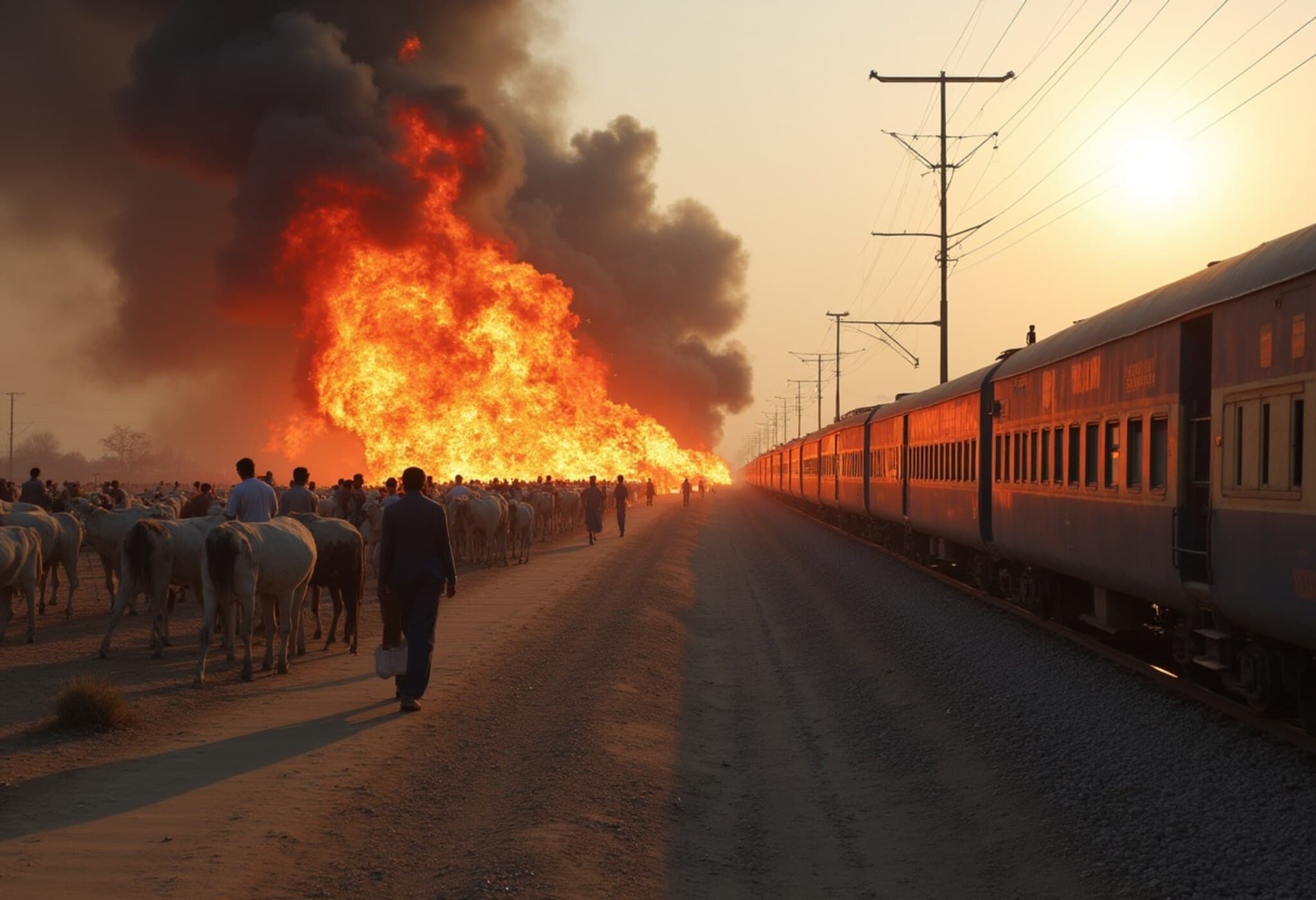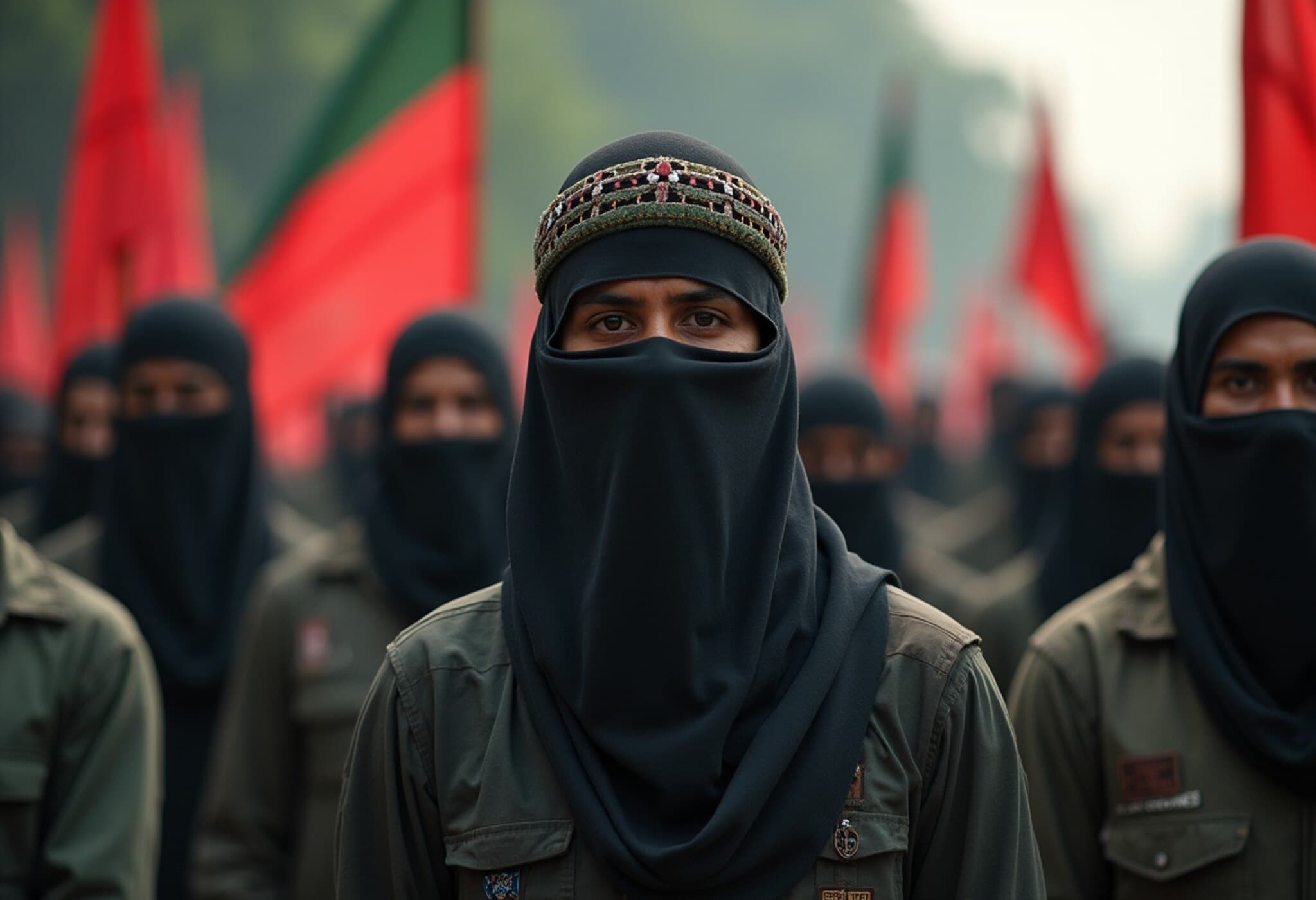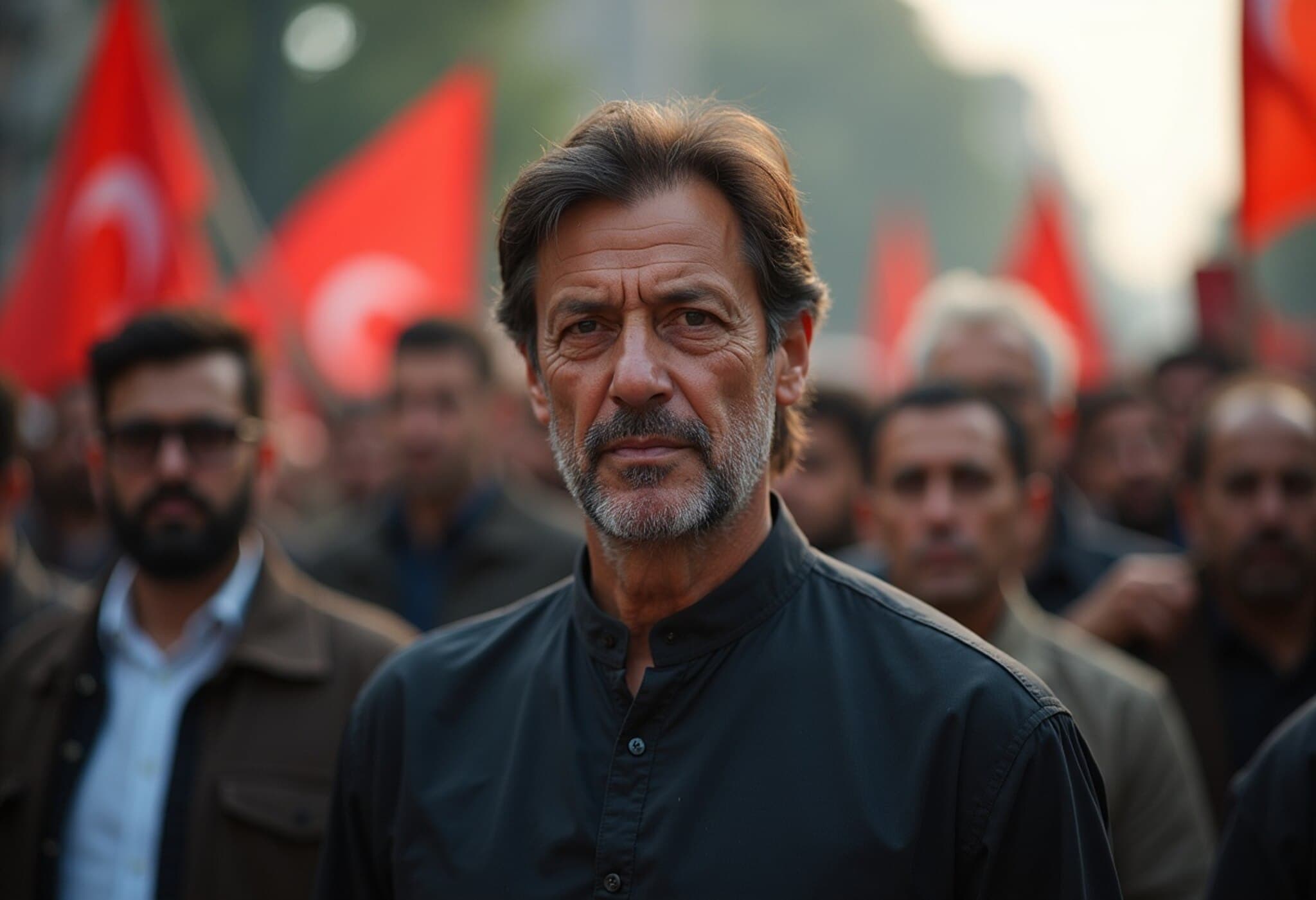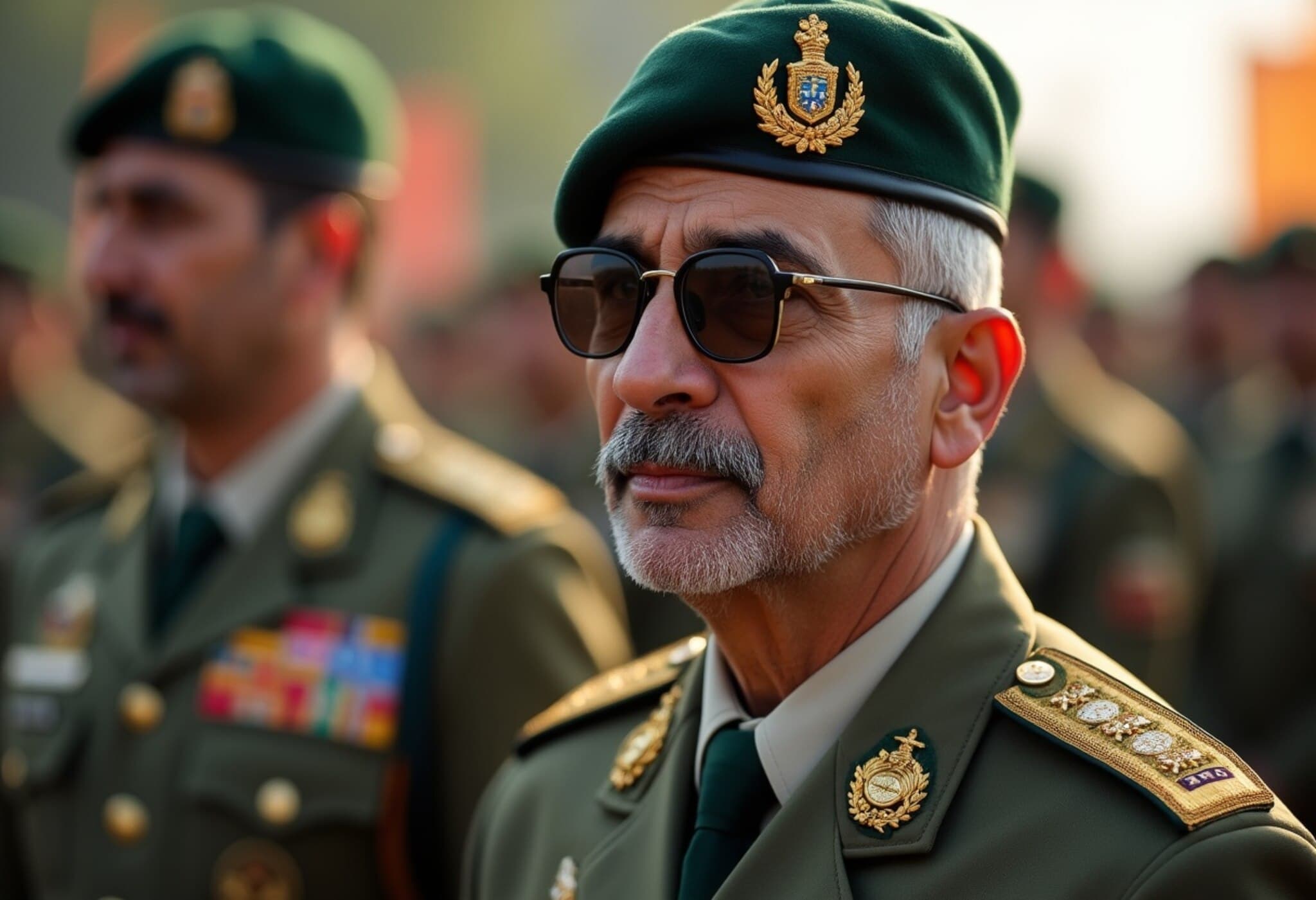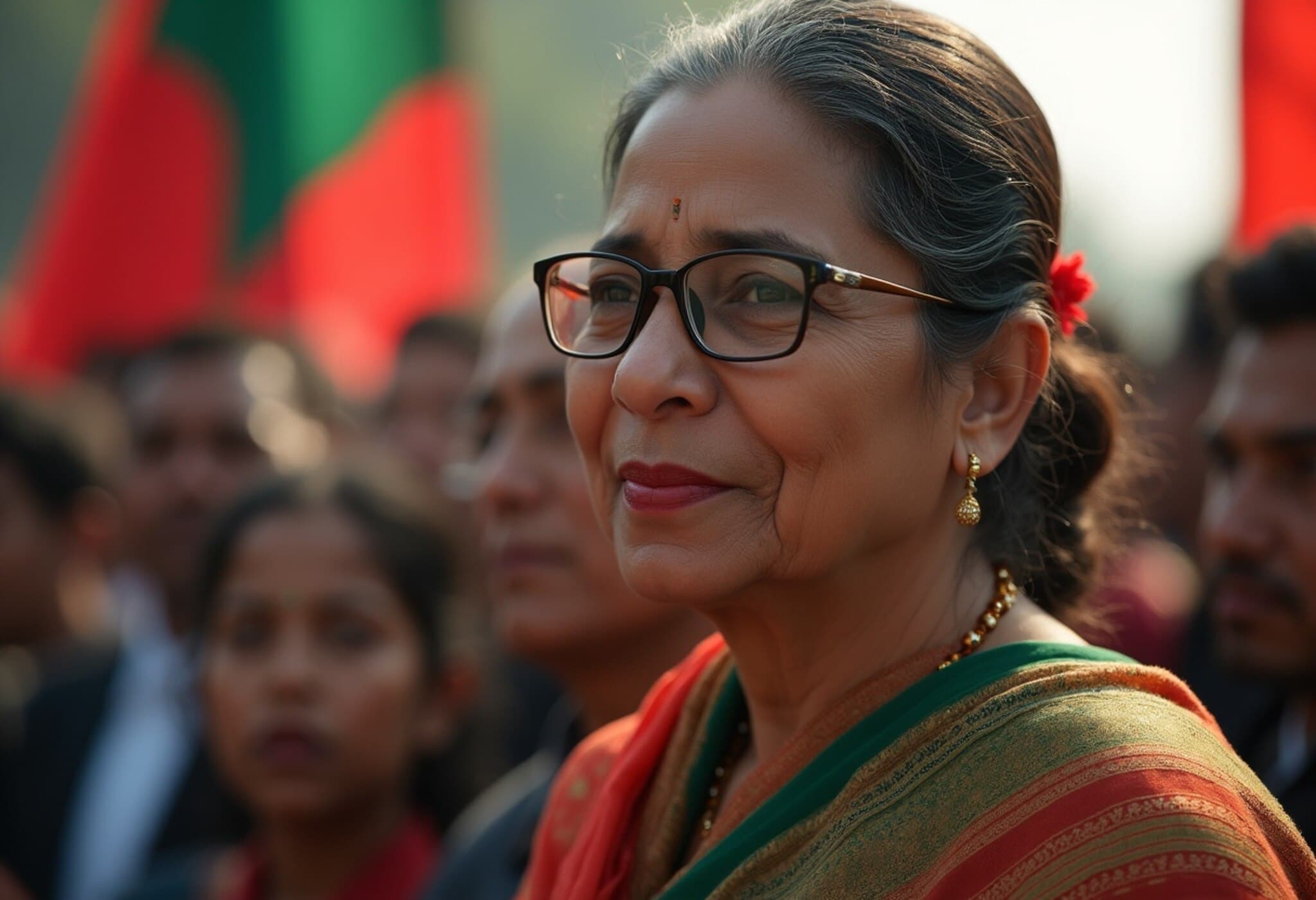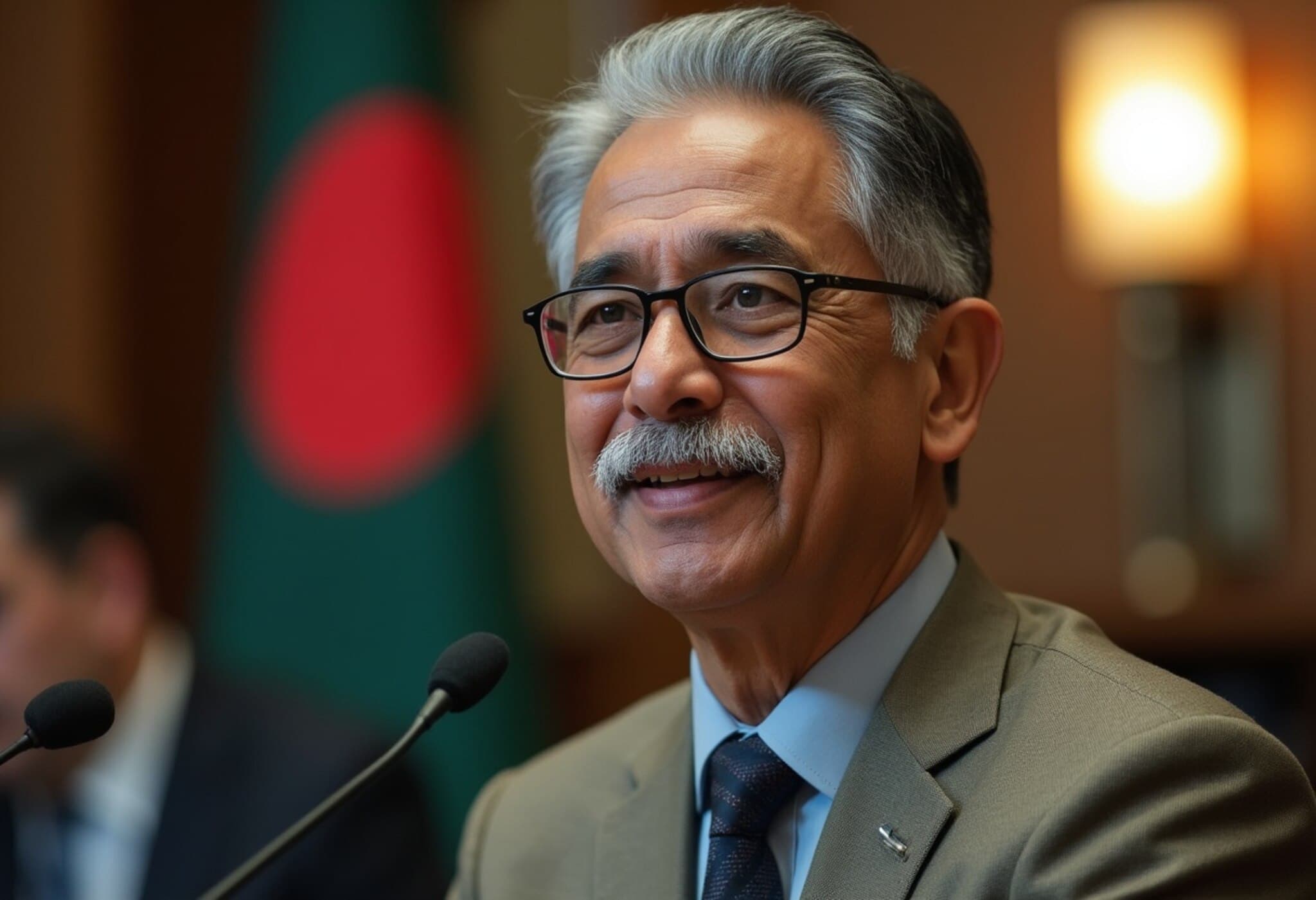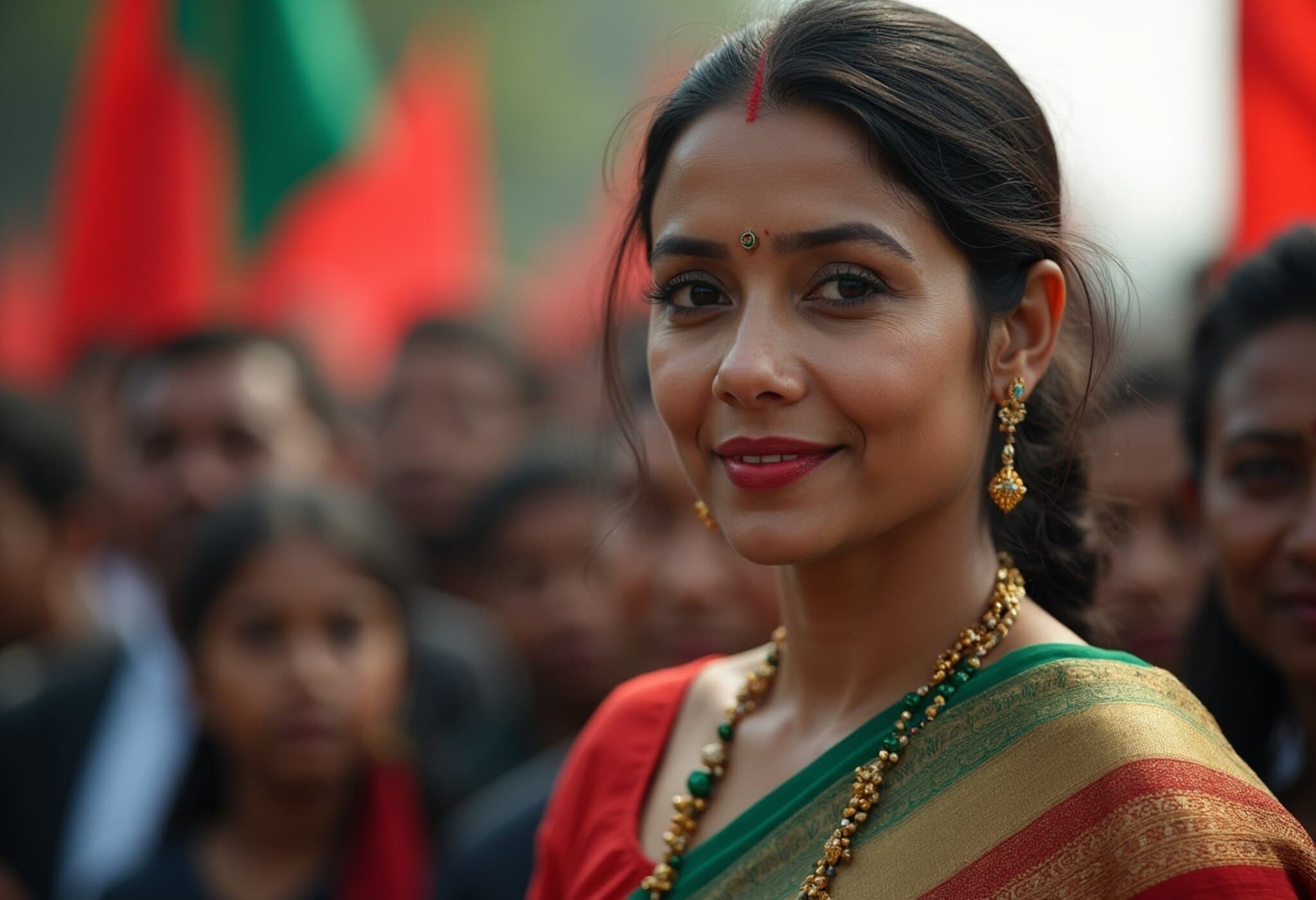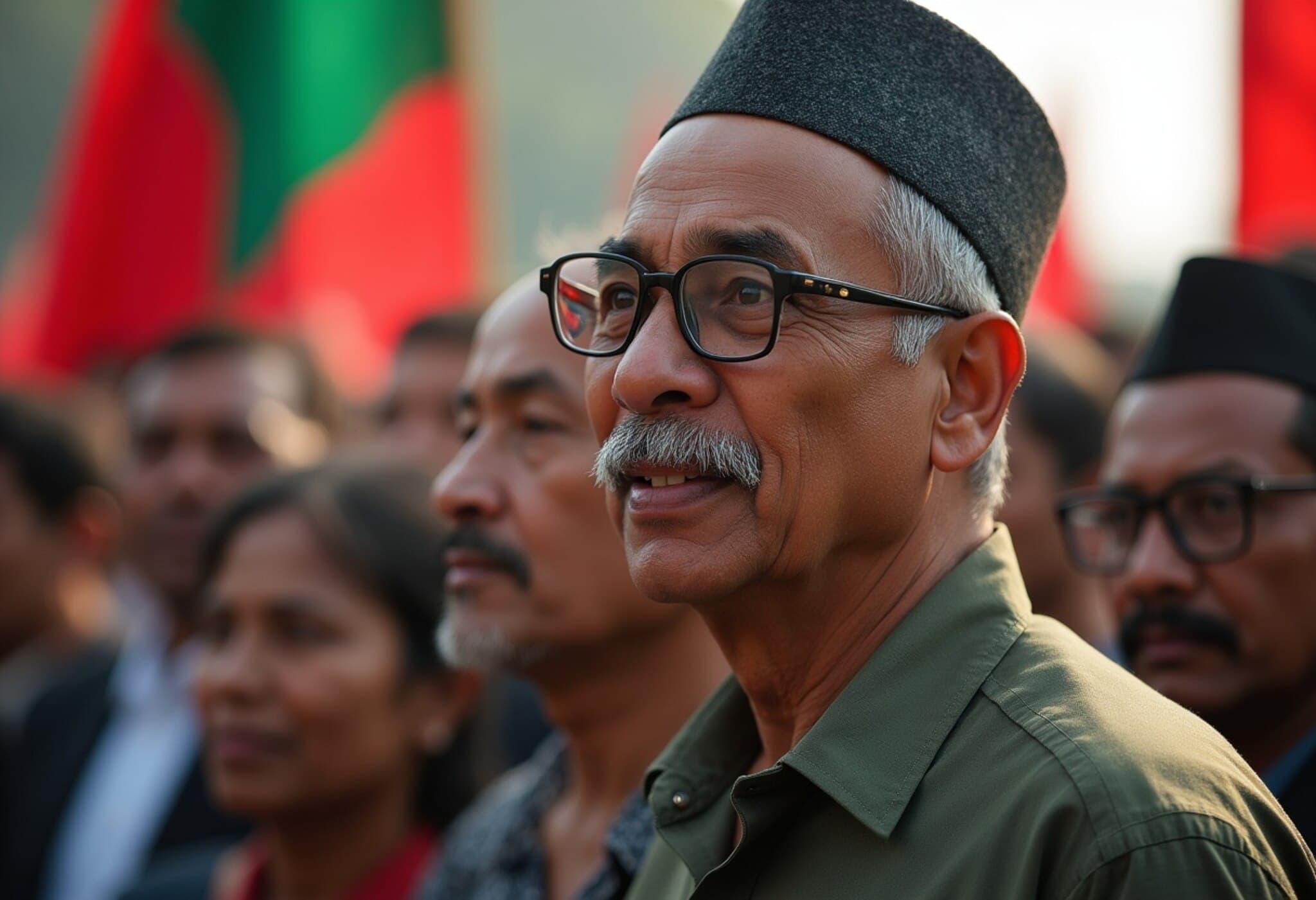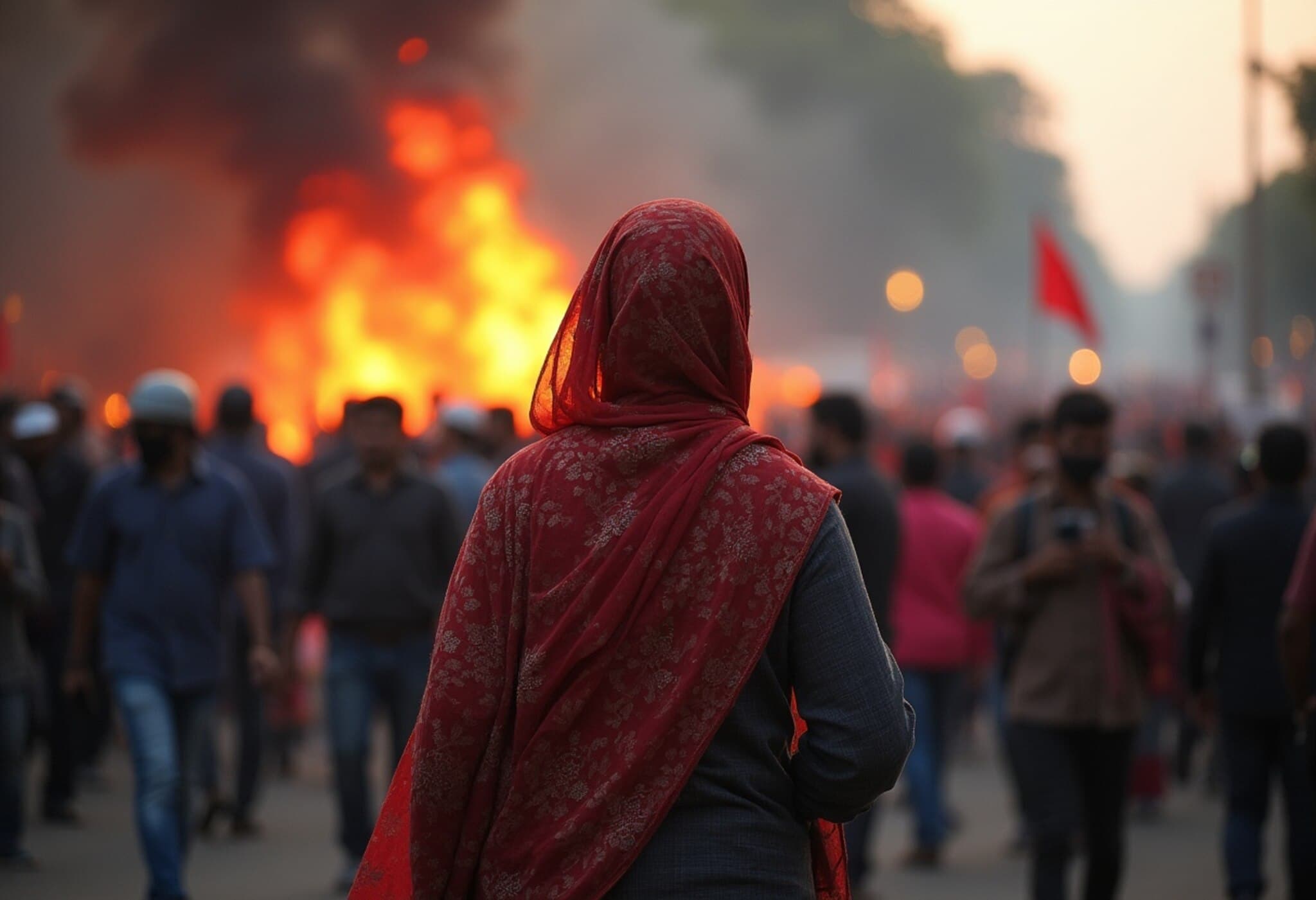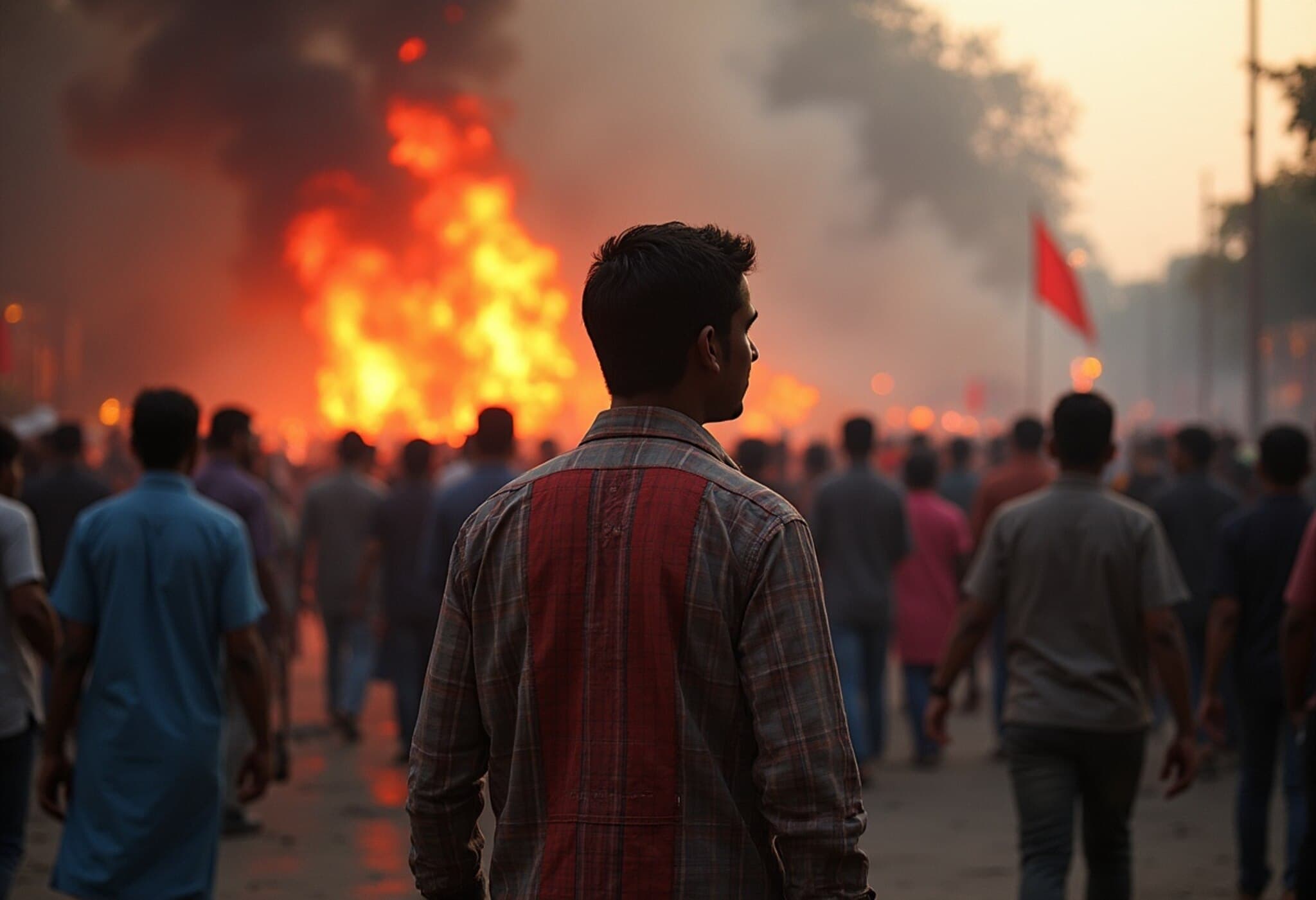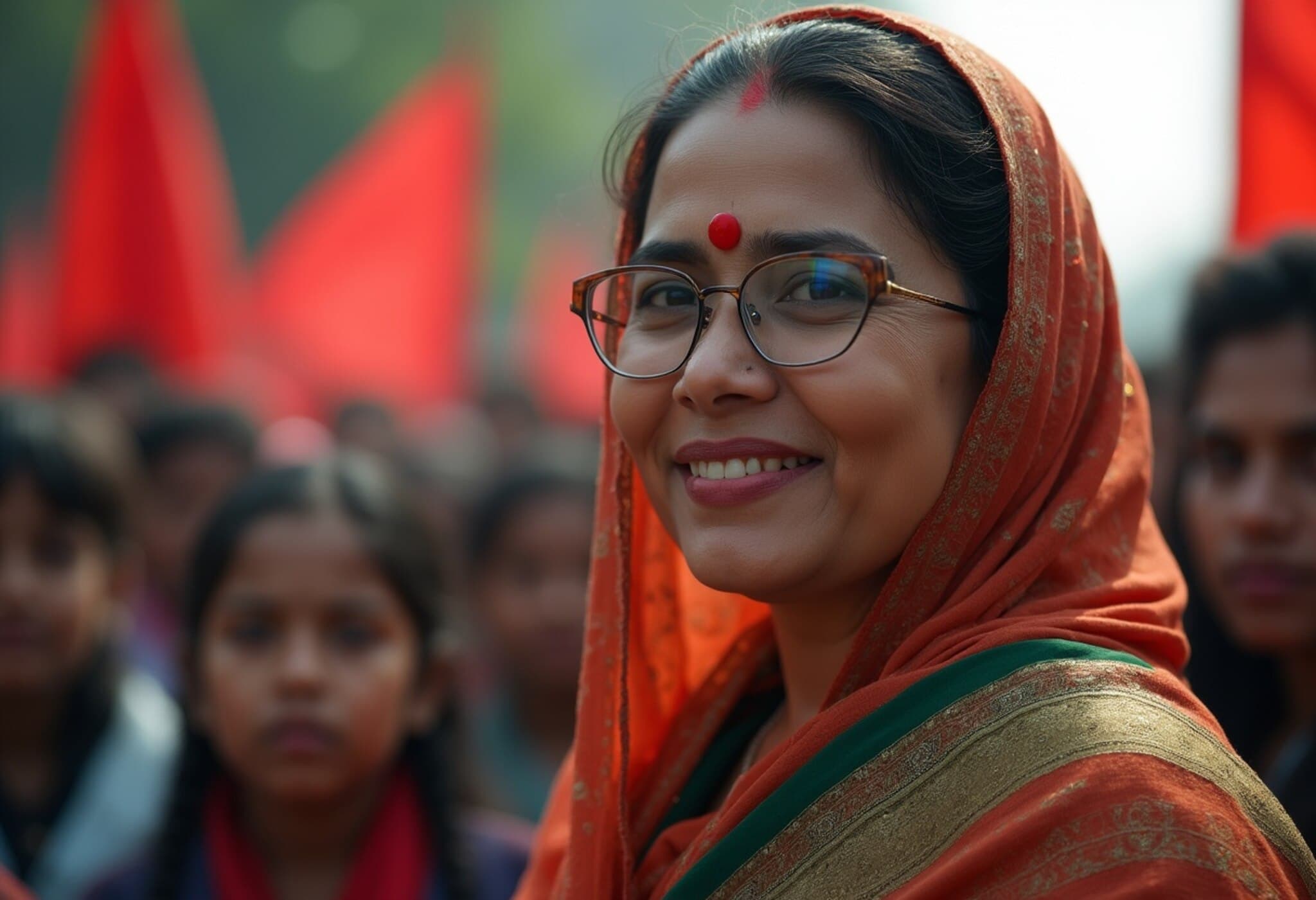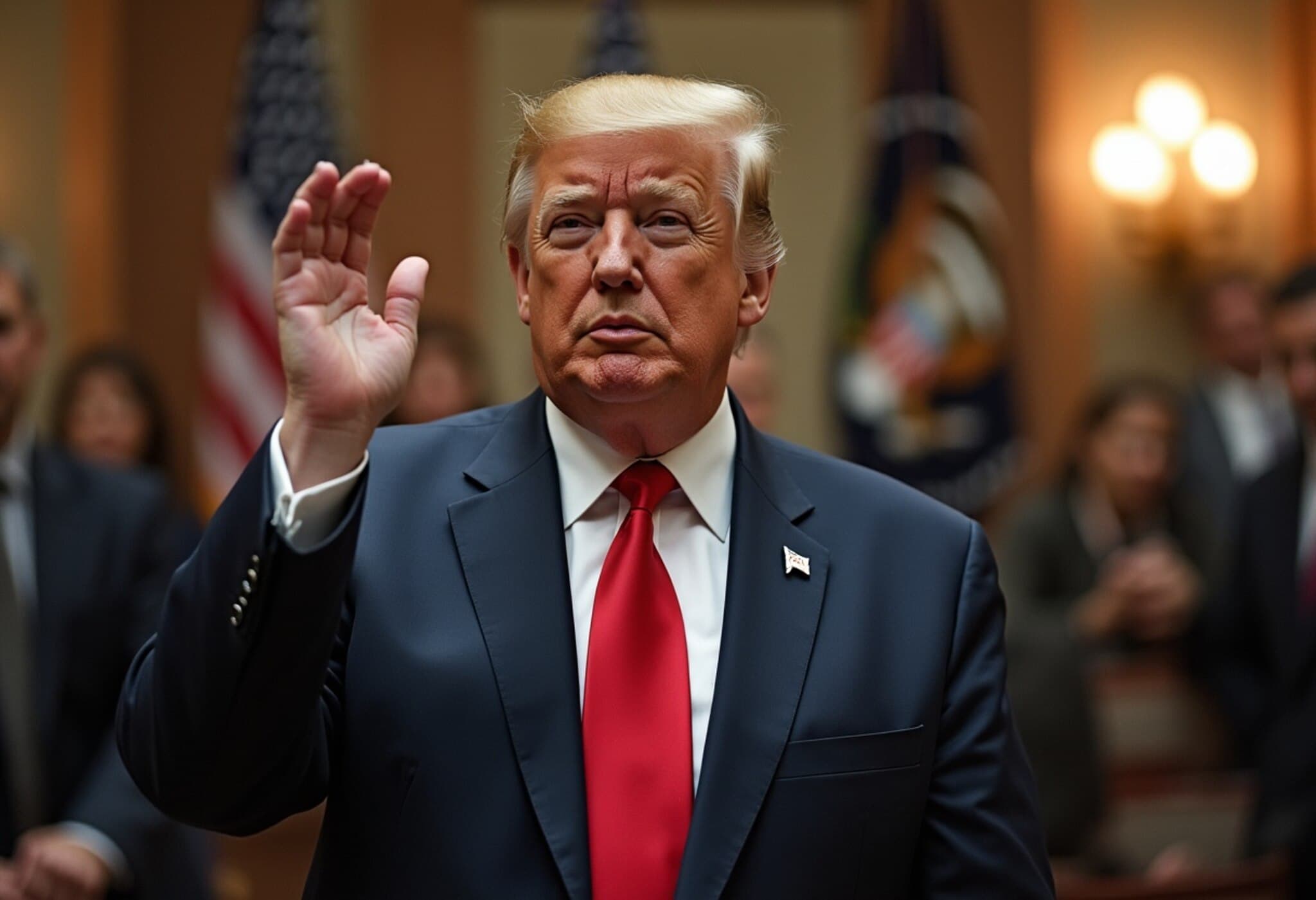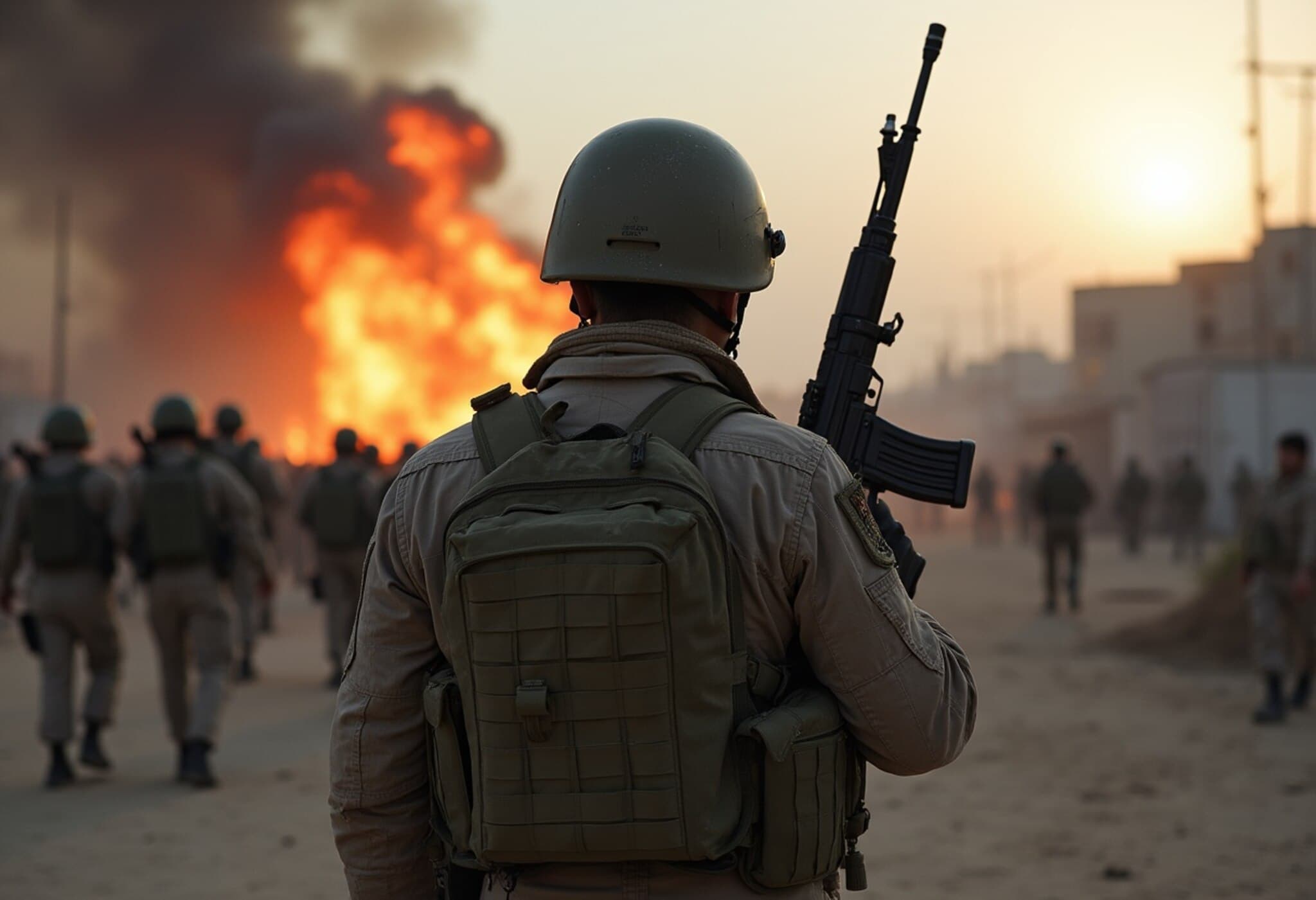A Tumultuous Transition: Reflecting on Bangladesh’s Political Upheaval
It has been nearly a year since the dramatic ouster of Sheikh Hasina, Bangladesh's longest-serving prime minister. On August 5, 2024, following weeks of violent protests that tragically claimed around 1,400 lives, her 15-year reign abruptly ended. Hasina fled her lavish Dhaka residence by helicopter amid jubilant crowds who looted her home—a stark symbol of a regime brought to its knees.
Now tested by international scrutiny, Hasina faces charges of crimes against humanity before Bangladesh's International Criminal Tribunal. Defiant, she remains abroad, refusing to return, while authorities pursue her family and close allies via Interpol across multiple countries, including the UK, Canada, and the UAE.
The Promise and Challenges of the Yunus Interim Government
In the wake of Hasina’s departure, hope surged across Bangladesh. A coalition of student activists, opposition parties, and civil society heralded the appointment of Nobel Peace Prize laureate Muhammad Yunus as interim head of state—a figure admired for his international stature and reputation as a unifier.
At 85, Yunus vowed to forge “a new republic born on the ashes of repression,” pledging reform, transparency, and a break from entrenched corruption. His administration swiftly moved to abolish repressive laws, eased media restrictions, and initiated electoral system reform. Significant efforts were made to repatriate billions siphoned abroad during the previous regime and to revamp a compromised banking sector.
On the diplomatic front, Yunus secured more than $2 billion in investments from China, negotiated for tariff relief with the United States, and nurtured better relations with neighboring India—all critical moves for Bangladesh’s export-dependent economy.
Economic Pressures and Political Fragmentation Dim Initial Optimism
Yet, as the calendar ticks toward the first anniversary of this watershed moment, the initial optimism has waned. Inflation stubbornly remains above 9%, youth unemployment persists as a pressing concern, and looming US tariffs threaten the vital garment sector—the backbone of Bangladesh’s export economy.
Compounding matters, many reform efforts face obstruction from residual bureaucrats loyal to Hasina’s regime. A senior Yunus aide, speaking anonymously, described these individuals as “ghosts of the government we thought we’d buried,” highlighting their knowledge of systemic loopholes and deliberate sabotage through delayed approvals, withheld data, and stalled procurement.
Political support within the coalition is fracturing. While some stakeholders resist constitutional reforms fearing loss of influence, powerful business conglomerates oppose new central bank regulations and anti-money laundering initiatives, highlighting the uphill struggle intrinsic to dismantling deeply rooted power structures.
Internal Divides Among Student Leaders and Growing Public Disillusionment
Even among the student activists who energized the revolution, unity is fracturing. Some have integrated into the government, embracing incremental change, but others express a painful sense of betrayal. Umama Fatema, a 27-year-old former protest coordinator, summed this sentiment poignantly: “We didn’t fight just to change faces – we fought to change the system.”
For ordinary citizens, especially workers on the frontlines of Bangladesh’s economy, the promise of a new dawn feels elusive. Shaheena Begum, a garment factory worker who witnessed the violent crackdown on protesters, voiced the growing frustration: “Prices are still high, factory owners still cheat us, and the powerful are bickering again. Did we really win?”
Expert Analysis: Navigating Complex Reform in a Fragile Democracy
From an expert perspective, Bangladesh's current crossroads illustrate the difficulty of transitioning from long-standing authoritarian governance toward democratic accountability and economic stability. The Yunus government’s ambitious reforms confront entrenched interests, fractured political coalitions, and a volatile global economic environment.
Among key challenges is reconciling rapid economic development with social equity, especially for youth and marginalized workers. Additionally, foreign relations play a pivotal role, with Bangladesh needing to balance ties between superpowers while safeguarding export markets.
Furthermore, the use of legal mechanisms, as in Hasina's international trial, raises questions about reconciliation versus retribution, affecting national unity and political stability.
Looking Ahead: Will Bangladesh Realize Its Hopes?
As Bangladesh approaches this significant one-year milestone, the nation faces critical questions about the sustainability of reform and the true meaning of victory. Will the Yunus regime overcome institutional inertia and political fragmentation to deliver on its transformative agenda? Can economic challenges be addressed without sacrificing social cohesion? And, importantly, how can the aspirations of younger generations be honored in a changing Bangladesh?
Editor’s Note
The unfolding story of Bangladesh's political transformation underscores the complexity of genuine systemic change. The youthful zeal and idealism that fueled Hasina’s fall confront the sobering realities of governance in a polarized, resource-constrained environment. Readers are invited to ponder: Is the price of revolution often a slower, grittier evolution? And how can international partners best support Bangladesh’s journey toward a more inclusive and stable democracy?

